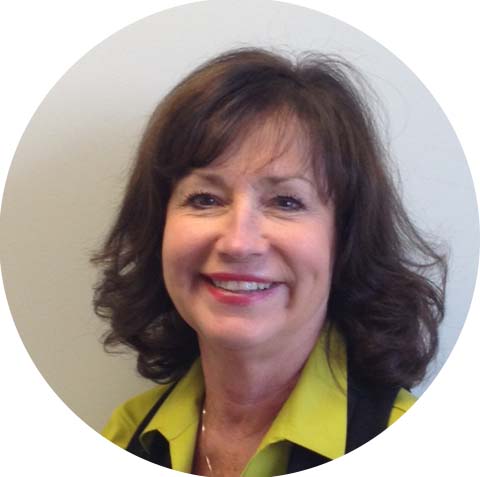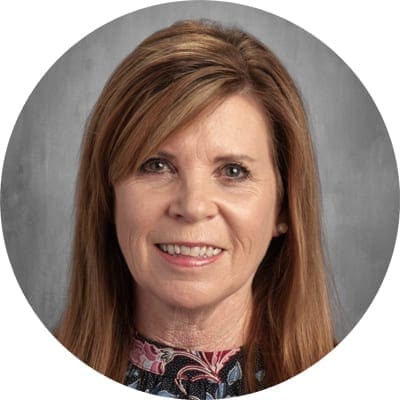
Using SEL to Help Your Schools Thrive
.
….
Social Emotional Learning (SEL) Supports for Educators and Students
The challenges of this pandemic and the trauma we have all experienced, have had a huge impact on students and teachers and will likely cause a ripple effect of academic deficiencies that will stretch into the coming years. As we make plans for the transition back to post pandemic life, school districts and administrators are focusing on what we must do to address the trauma and meet the social emotional needs of students. There has never been a greater need for trauma informed practices and a focus on fostering resilience in our students and staff than we are seeing right now!
Panel Discussion
In this webinar we discuss how to make SEL a priority in your schools and classrooms, how to help students that are struggling emotionally and lacking motivation, and what we can do foster resilience in ourselves and others. Our panel of education leaders demonstrate tools, share insights and discuss strategies from leading SEL programs, The WhyTry Program and Resilience For Youth that are currently being used to address SEL needs in thousands of schools across the US and internationally.
Panelists

| Pat Connor Pat Conner is a Senior Policy and Practice Consultant for CASEL (Collaborative for Academic, Social, and Emotional Learning). As a consultant with CASEL, she provides technical assistance and support to states on SEL that are involved in the Collaborative States Initiative (CSI). An educator for over 36 years, Pat began her work in Sumner County Schools, TN as the director of Safe Schools, Healthy Students before going to the TN Department of Education as the Executive Director for the Office of Student Supports from which she retired in 2019. Pat believes that all students and adults thrive in a safe, just, and supportive school climate and that families, caregivers, and communities are critical partners in building equitable systems that support student success. |

| Kathleen Chronister Kathleen Chronister is the Social Emotional Learning Director for Davis School District, Utah. She previously was the Alternative Education Principal in Davis School District where she had responsibility to lead and supervise nine campus locations with a variety of programs for at-risk students including Mountain High School, Renaissance Academy, and Davis Adult Learning. Ms. Chronister has served on numerous district and state committees. She is the current president of the National Alternative Education Association. She is the past president of the Utah chapter of ASCD and has served as the special purpose school representative for the Utah Association of Secondary School Principals. She has been active in advocacy in the state of Utah and was instrumental in guiding policy makers to better understand the mission of alternative schools which resulted in an appropriate accountability system for alternative high Schools in Utah. She is married with 3 children and 5 grandchildren. She is active in her community and church with projects focused on serving the needs of refugees, women, and children. She is a graduate of Brigham Young University and earned her Master of Education in Educational Administration from Idaho State University. Her philosophy on personal happiness is to spend two minutes each day sending a positive email, text, or personal note of gratitude to at least one person. |

| Jason Johnson Jason is a licensed school psychologist and has published research on resilience and student performance. Jason is a passionate advocate for disadvantaged students and currently consults and trains educators across the nation as the director of training and research for the WhyTry organization. Jason is a thought leader on resilience education and has spoken at hundreds of conferences around the country. He has led successful implementations of all WhyTry programs and has pioneered trainings for clients in healthcare, corporate, and the US Military. |
Want to Learn More?
Our online social and emotional learning curriculum can be taught in virtual classrooms. Help your students develop resilience in this time of crisis and isolation.